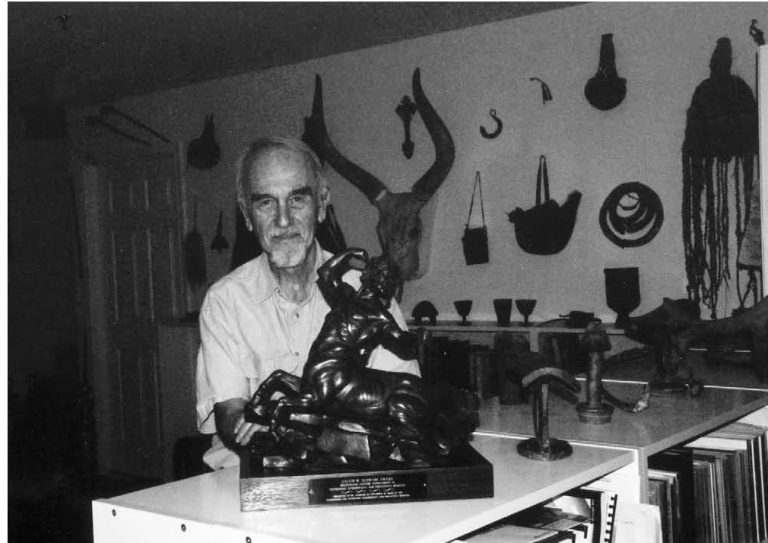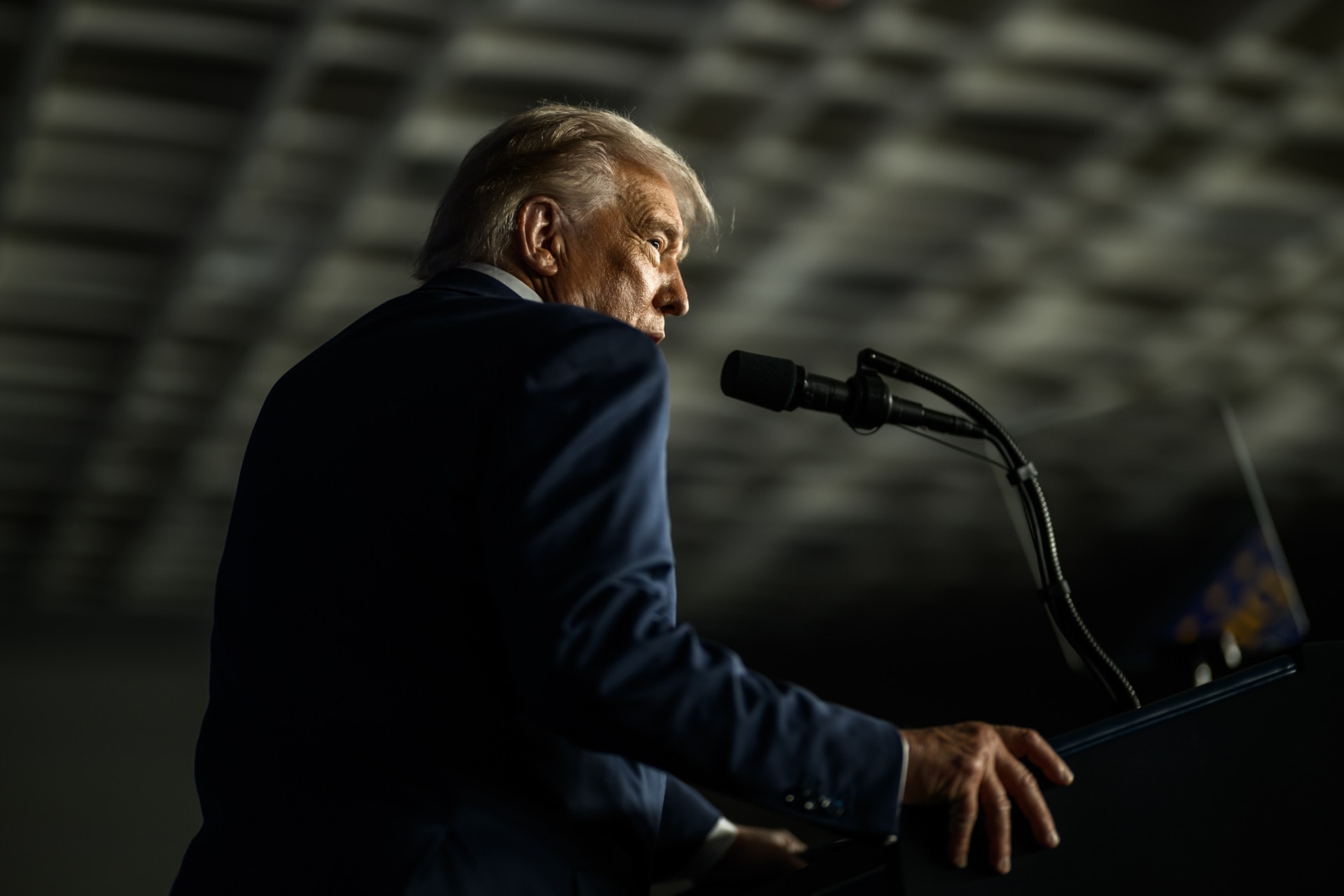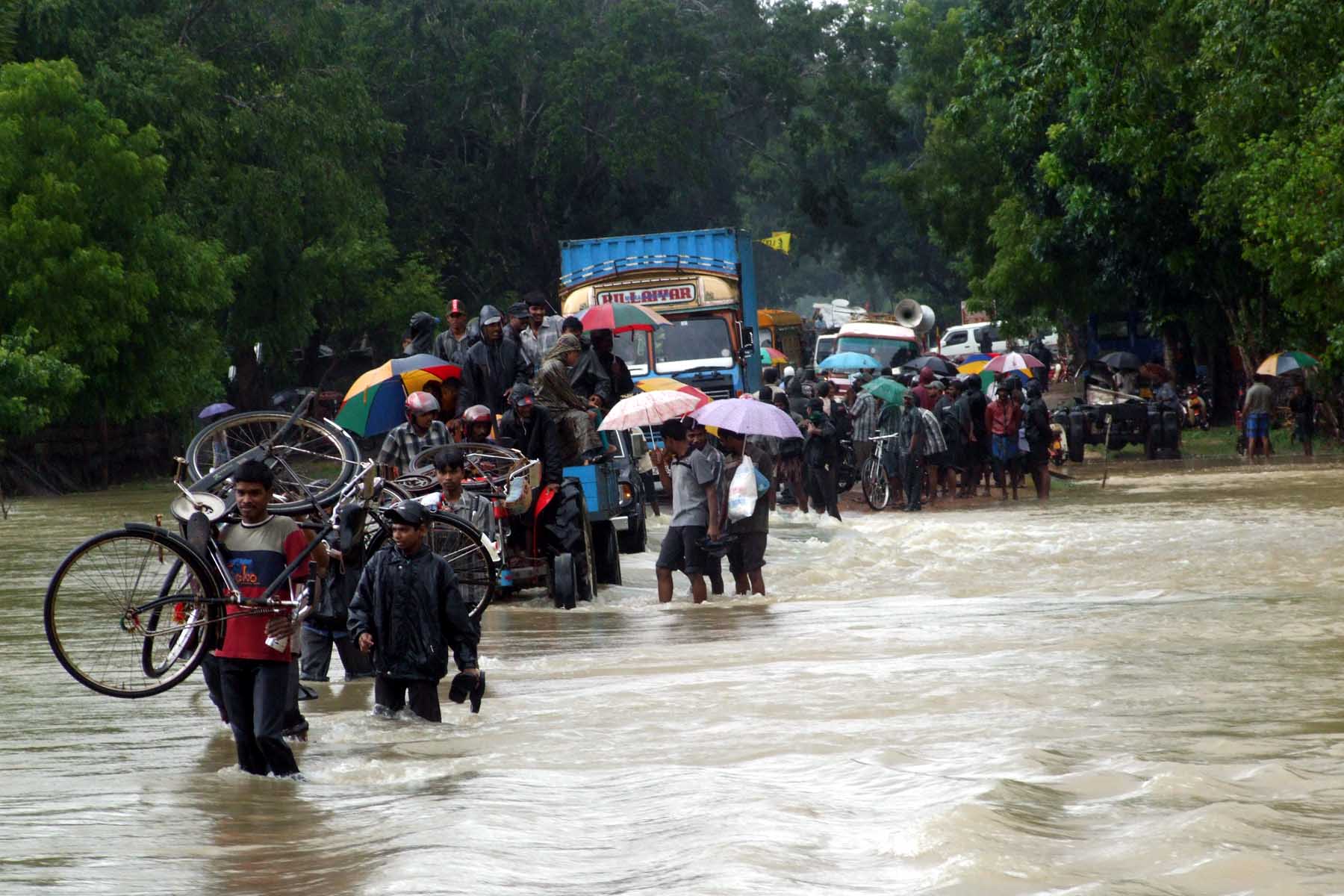Editor’s note: In the second part of the article “Surviving Climate Change: Where Should We Place Our Hope?” the author analyzes whether we should place our hope in Governments.
Should We Place Our Hope in Governments?
I know there are many people who cringe at the idea of giving government too much control and I’m one of them, but for a moment, I’d like to explore the role that the government can play. To start, let’s see if we can at least agree on the science and some of the solutions that the government may provide.
The planet is warming at an unprecedented rate. The situation is very serious, if not an outright emergency. Without a dramatic change in how we live our lives and conduct business, we are likely to see runaway climate change within 1–2 decades, at which point there is no turning back to a better time.

Our children will likely experience:
- Larger, more intense and more frequent forest fires and hurricanes
- Deadly heatwaves that kill tens of thousands every summer
- Regular flooding of farmland and cities
- Regular weather-related damage to city infrastructure
- Regular water shortages
- Invasive insect infestations in northern latitudes
- Fish gravitating towards the poles to find food and cooler water leaving hundreds of millions in coastal communities without their traditional food supply
- Massive crop failures due to heat stress, drought, and flooding
- The rise of authoritarian leadership as people become scared, angry and frustrated by governments that don’t seem to pay attention to them

The Tools Already Exist
The government has the tools to quickly change the way that business is conducted. It has the capacity to soften a sudden loss of income and to offer retraining and education programs for citizens who experience job loss from policy and/or environmental changes. It can do this because unlike business it has a broader mandate of societal well being for all and not simply a mandate for financial gain.
Some of the tools the government can use to drive change:
- Legislative change
- End fossil fuel subsidies and pipelines
- Clearly communicate the new parameters (energy, resources, waste, ecosystem protection etc.) to conduct business with a clear timeline, coupled with strict fines for non-compliance.
- Ban single-use items manufactured with fossil fuels and/or that degrade both human and ecosystem health (e.g. plastic bags, bottles, straws, cups, plates, utensils, takeout food containers)
- Provide an 80% salary safety net for all mid and low-level employees that lose their job due to these changes. The safety net would continue at 80% for 3 years and then drop in years 4 and 5 to 70% and then 60% respectively if employment is still not secured. (funding would come from the Climate Karma Tax)
- Create Green Trade deals with like-minded countries
- Raise tariffs on non-essential products from countries whose climate plans lack substance
- Education
- Free corporate consultations with new economy specialists
- Reeducation programs to update skills
- Massive Climate Education Program (targeting business, schools, and society in general)
- Taxation
- Immediately establish a Climate Karma Tax
(Unlike a Carbon Tax that can be ineffective and divisive, often granting massive exemptions to fossil fuel companies while laying the burden on ordinary citizens, the Karma Tax would place the financial burden squarely on the shoulders of those who have derived the greatest financial benefit from our existing flawed system.)

So…What’s the Holdup?
Despite the mandate and the available tools — most governments around the world are failing to rise to the climate challenge. There seem to be 4 approaches to this inaction, all based on the desire to maintain or assume power.
- Most leaders prefer to ignore it, downplay it or speak in platitudes with no meaningful plan. This approach is a proven path to power as it allows leaders to upset as few voters as possible while kicking the problem down the road for others to address.
- Some prefer the more refined strategy of offering fake leadership that looks like the governments are doing something when in fact, it’s doing very little. This is the chosen tactic that my Prime Minister, Justin Trudeau, has perfected.
- Another popular strategy that requires little effort but has great optics is the act of signing onto the Paris Accord — this is often used as a supplement for both approach #1 and 2. It works well because it places leaders in good company with almost every other country on the planet that has failed to meet its non-binding targets — immunity via collective failure. (To compare countries, visit the Carbon Initiative Tracker’s assessment website.)
- The last approach is to completely abdicate responsibility in favor of market-based solutions. This strategy is supported by those who are rewarded most by the current system — corporate elites and billionaires — because it leaves wealth and power firmly entrenched and does nothing to remove the systemic flaws that delivered us a climate crisis in the first place.
Unfortunately, no matter which tactic is used it all adds up to the same outcome — a climate crisis.
Related Articles: Companies Must “Zoom Out” For a Sustainable Planet | Climate Change: Incrementalism Is No Longer A Viable Option |Can Greta’s Straight Talk Bring Moral and Financial Responsibility Into the Climate Conversation?
If Not Us, Then Who?
The science is clear and yet our politicians consistently fail to make the necessary policy changes. Could it be that despite what politicians tell us during elections, the government has become a champion for the smallest minority among us — the ultra-rich?
This might seem like a grand conspiracy but just look at the policy choices made by governments and ask yourself, “Who’s the big winner?” The facts speak for themselves; according to a recent Oxfam report, in 2017, the top 1% took in 82% of all newly created wealth while 3.7 billion people saw no increase whatsoever. And if you prefer a US statistic, Forbes’ 400 richest Americans are worth $2.96 trillion — more wealth than the 204 million people who are the bottom 64% of the US population. We don’t have a wealth creation problem — we have a wealth hoarding problem.
The wealth exists — it’s just being hoarded by billionaires with the help of governments that work for the top 0.1%
The “system” is no accident — it’s been carefully crafted over decades by corporate interests to concentrate wealth, privatize profits and externalize harm and responsibility away from shareholders and onto society — all with the help of politicians who are only too happy to cooperate for a small piece of the pie and the funding to help them maintain and reach new levels of political power.
Are we really hoping that this very system that has paved the way for wide-scale environmental destruction will come to the rescue? Do we really expect politicians to upset their bosses — billionaires and corporate elites — who they rely on to fund their campaigns? Can we force them to change their approach so that they begin to tackle inequality and climate change from the perspective of societal well being?

Is It Too Much To Hope For?
If politicians were to fight for the climate we would notice changes instantly. Billionaires would come out yelling and screaming about how the sky is falling and that our country will soon descend into poverty — the fear-mongering is a good sign — it means we’re on the right track. Next, we would see what is long overdue — an immediate increase in climate protection regulations and a new wealth tax to help fund the transition.
There would be a new commitment to honesty and transparency about the nature and seriousness of our climate emergency. The corporate propaganda would finally stop and the truth would emerge — corporate-controlled capitalism is nothing more than a wealth concentrating and climate-destroying machine.
We would be forced to face a new difficult reality but at least the lies would be behind us. The new message would be that our current goals are too weak and they are more likely than not, to deliver us directly towards the crisis that we’re hoping to avoid. But we would also have a new plan and with hard work, sacrifice and unity we could find the way to a bright future — together.

Is it realistic to hope for this outcome from our flawed political system? What if neither governments nor business proves itself able to deliver us to a future with a stable climate — where else should we place our energy, trust, and hope? But first, we need to be very clear on who our battle is against – I will explore this in more detail in Part 3.














